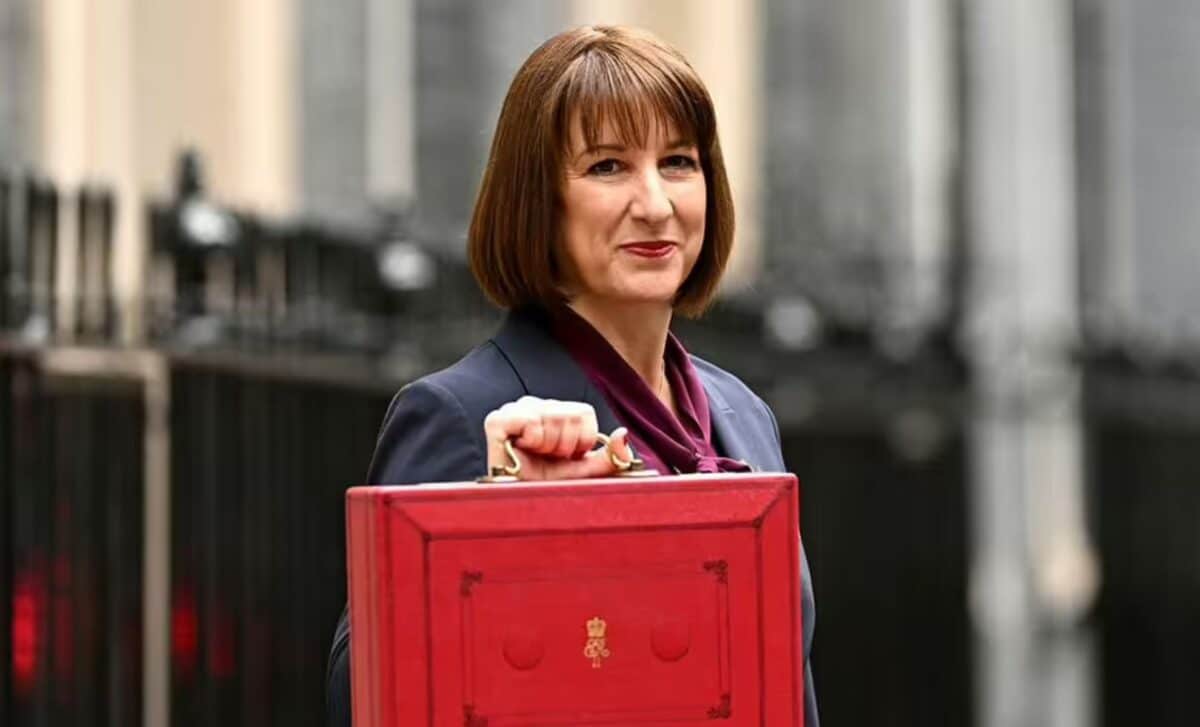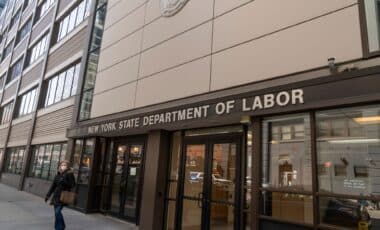The UK government’s recent Budget under Chancellor Rachel Reeves has sparked concern among business leaders. Reeves announced a £25bn increase in employer National Insurance contributions (NICs) starting in April, alongside a higher-than-expected rise in the minimum wage. While Reeves defended the measures, calling them “good for jobs and good for growth,” many in the business community disagree, warning that the changes could lead to fewer jobs and reduced investment in training.
Job Cuts and Reduced Hiring
The rise in NICs is expected to affect businesses across a range of industries. Retail giants such as Tesco, Sainsbury’s, and Marks & Spencer have warned of a £7bn increase in their costs due to the tax hikes, leading many to predict inevitable job losses. In particular, businesses are focusing on reducing their hiring plans and cutting back on staff expansions.
Anna Leach, Chief Economist at the Institute of Directors (IoD), also expressed concerns about the consequences of the Budget’s measures. “Unfortunately, when you increase the risks and costs of taking on workers, it is the most vulnerable who tend to suffer most,” she said. Young people, in particular, are at risk as businesses are less willing to invest in training them. The added financial burden from the minimum wage increase and NIC hikes may deter employers from hiring or training young workers, who are already facing challenges entering the job market post-pandemic.
Indeed, the figures paint a worrying picture. Unemployment rates have begun to climb, and although the UK’s economic inactivity rate is still relatively low, it is rising. According to the latest data, 9.2 million working-age adults are neither employed nor actively seeking work, a rise of 878,000 since the pandemic. Most of this surge is attributed to long-term sickness, which has hit the UK harder than other G7 nations.
Labour’s “Youth Guarantee” and the Strain on Job Creation
The UK government’s policy response, particularly from Labour, includes a “youth guarantee” to offer training or apprenticeship opportunities to 18-21-year-olds. However, the practical implementation of this promise may be undermined by the very measures designed to stimulate job growth. Critics argue that the increase in employer NICs and the higher minimum wage could slow down job creation, particularly for young people, who are often first to feel the brunt of economic slowdown.
Stephen Evans, CEO of the Learning & Work Institute, warned that businesses are already turning to automation and AI to reduce reliance on human workers. “We’ve heard from our members that it’s the new entrants and roles at the lower end of the experience level where they’re talking about just cancelling their new intakes,” Evans said. This could leave many young people without the work experience needed to gain a foothold in the job market, exacerbating the long-term issue of economic inactivity.
A Bleak Forecast for Economic Recovery
With the UK’s economic growth remaining sluggish, the higher costs associated with the Budget measures could prove to be counterproductive. Trushar Pandya, head of data and analysis at the Centre for Social Justice (CSJ), emphasized that raising NICs at a time of economic stagnation is “the worst possible time” to do so, particularly when the country is already struggling with a high level of economic inactivity.
The automotive industry is particularly vulnerable, as highlighted by Mike Hawes, CEO of the Society of Motor Manufacturers and Traders. Hawes noted that the increase in NICs would further squeeze margins in an already fragile supply chain, where many companies are still recovering from the shocks of the pandemic.









